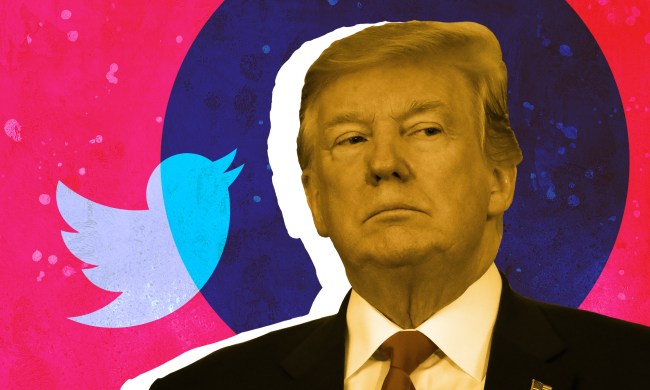tableAt a time when social media companies are coming under increased criticism for the kinds of content they allow to be spread on their platforms, it’s in their best interests to make sure objectionable material is eradicated as quickly as possible. France is adding a stopwatch to this challenge. On Wednesday, the country passed a law that will give social networks and other online content providers just 60 minutes to remove certain content once it is posted.
According to Reuters, the content in question involves “paedophile- and terrorism-related” material. If they fail to remove it within the hour, they will face a fine of up to 4% of their global revenue. Other “manifestly illicit” content will have to be removed within 24 hours. Justice Minister Nicole Belloubet told the French Parliament that this law will hold accountable those responsible, and help to reduce online hate speech.
Audrey Herblin-Stoop, Twitter France public affairs chief, told Reuters that it will continue to work closely with the government to fight illegal hate speech and promote a more open, inclusive internet. Facebook, Google, and Snapchat did not provide comments immediately.
The law is already seeing some opposition. Marine Le Pen, National Rally Party president, denounced the law as a, “serious violation of the freedom of expression.” Meanwhile, the online civil liberties defense group La Quadrature du Net(LQDN) said that it is an unrealistic demand.
How fiercely these laws will be upheld, and how effective the efforts to comply with them will be, remains to be seen. Nonetheless, France is taking an ambitious, proactive step that could well pave the way for other countries to follow suit in the future.


